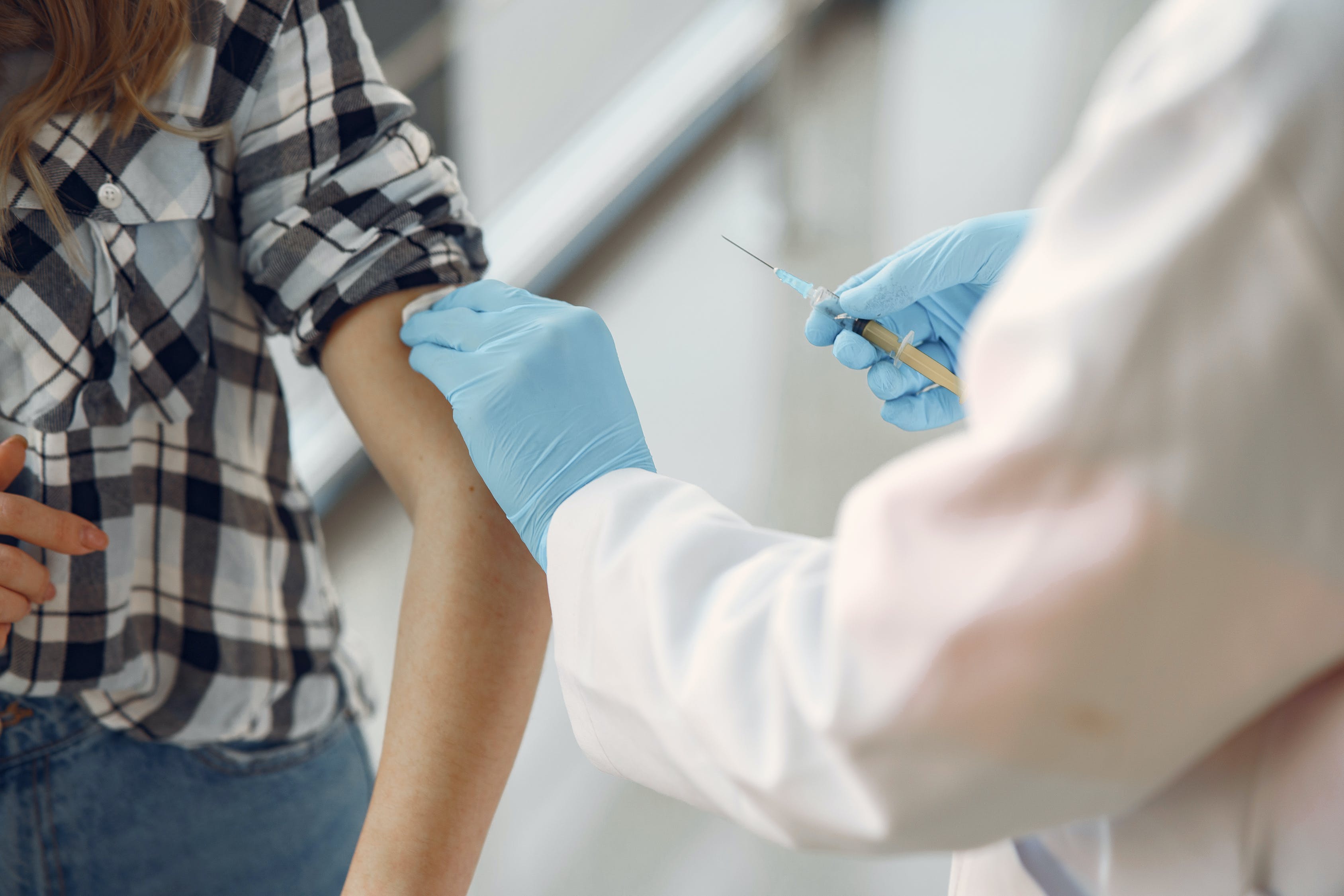Dozens of volunteers will be deliberately infected with covid-19 in the UK

The news: Young, healthy people will be deliberately infected with covid-19 in the first ever human challenge trial, set to begin at a London hospital in January. The study, announced today, will recruit up to 50 healthy volunteers between 18 and 30. The UK government has pledged to invest £33.6 million ($44 million) in the trial, which will be carried out in partnership with hVIVO, a company with experience in human viral challenge trials. It will take place at the Royal Free London NHS Foundation Trust, if it gets ethical and regulatory approval. Volunteers will be paid, isolated for the duration of the study, and monitored for up to a year afterwards to check for any side effects.
Why do this? The hope is that this trial will make it easier to closely study the disease, with the aim of speeding up the development of a vaccine. In the first phase of the trial, researchers would try to work out the smallest level of exposure required for someone to catch covid-19. Next, they could test if a vaccine prevents infection. They could also explore other potential treatments, and study the immune response. The benefit of this approach is that it lets researchers study vaccine candidates side by side to see which is the most effective. “Deliberately infecting volunteers with a known human pathogen is never undertaken lightly,” said Peter Openshaw, an investigator on the study at Imperial College London, in a statement. “However, such studies are enormously informative about a disease, even one so well studied as covid-19. It is really vital that we move as fast as possible towards getting effective vaccines and other treatments for covid-19, and challenge studies have the potential to accelerate and de-risk the development of novel drugs and vaccines.”
Controversial: There are obvious risks to this approach. The volunteers could become seriously ill and even die. There are huge trials under way to test treatments and vaccines in people who are already infected with covid-19 naturally. And given that the challenge study doesn’t start until January, we may already be close to having an effective vaccine by then.
Deep Dive
Biotechnology and health
How scientists traced a mysterious covid case back to six toilets
When wastewater surveillance turns into a hunt for a single infected individual, the ethics get tricky.
An AI-driven “factory of drugs” claims to have hit a big milestone
Insilico is part of a wave of companies betting on AI as the "next amazing revolution" in biology
The quest to legitimize longevity medicine
Longevity clinics offer a mix of services that largely cater to the wealthy. Now there’s a push to establish their work as a credible medical field.
There is a new most expensive drug in the world. Price tag: $4.25 million
But will the latest gene therapy suffer the curse of the costliest drug?
Stay connected
Get the latest updates from
MIT Technology Review
Discover special offers, top stories, upcoming events, and more.